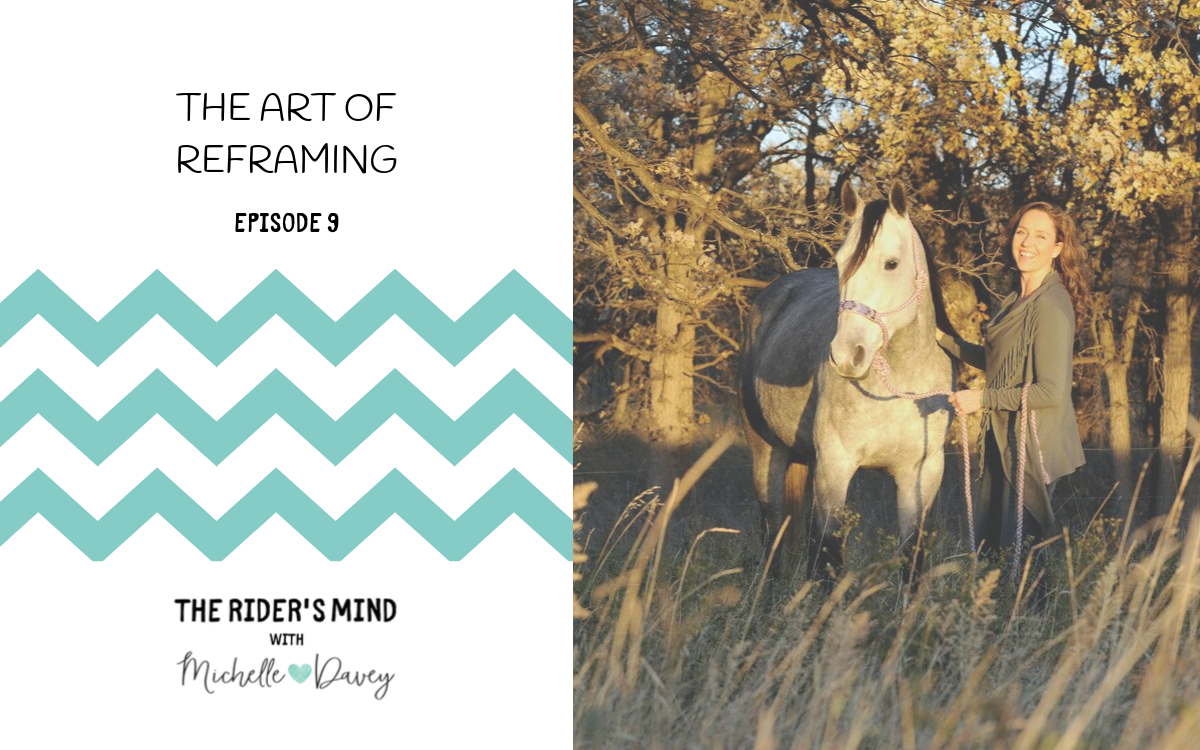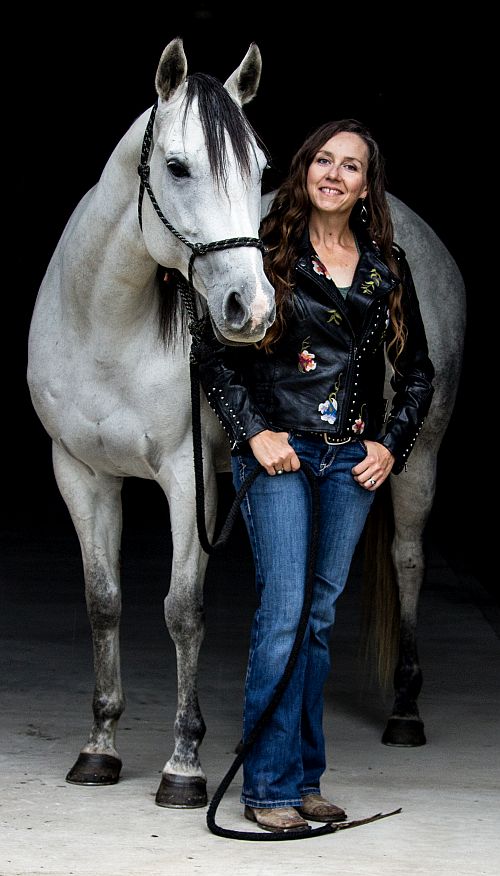
The Art Of Reframing – Ep. 9
We all know about the power of positive thinking, but it’s just not human to be positive all the time. So when the negative thoughts creep in, we need a plan. That’s where reframing comes in. In this episode, you’ll learn how to make a practice of reframing.
I don’t know about you, but I always intend to make it a good day and I always intend for things to go really well for me. I’m optimistic and always expect things will work out. I don’t focus on how things could go wrong. Even though I’m living an optimistic life, not-so-great things happen at times and not-so-great thoughts sometimes come to my mind.
What do you do with those not-so-great thoughts and events? This is where “reframing” comes in.
Reframing is the art of looking at an event in a different way than you might have initially responded. When we “reframe”, we don’t focus on what actually happened, but how we handle what happened. When we add meaning to an event, we’ve decided what it means. Things only have meaning if we give them meaning.
For example: When someone declines your invitation to go out for supper, you can choose to think the person is mad at you or you can choose to attach a different meaning to the situation. Maybe that person is really busy.
When our kitten died, my daughter didn’t really seem too bothered. I was upset and sad, so I shared that with her, which added meaning to the situation. As a kid, she picked up on this meaning that I’d added to the event and then she also took on that meaning.
You tripped and fell up the stairs, so you decide you’re going to have a bad day. What does that trip actually mean? Maybe if you fell up the stairs, you need to be more present.
When you’re not feeling motivated, you might attach the meaning that you are lazy. Instead, maybe you could attach the meaning that you are unmotivated today because your body needs rest.
Do you see how everything we do or feel can be looked at differently?
With the art of reframing, we’re finding something more constructive to focus on.
We might think “my horse doesn’t want me to catch him, he must be sore”. That’s possible, but maybe he just wants to eat grass today and doesn’t feel like working.
You might think “I didn’t get the perf I entered for. I have the worst luck.” Consider reframing that idea to “There must be a reason for this. I have faith that this will work out in my favour.”
How you initially perceive a situation is connected to your core beliefs, values and past experiences, but you can override that initial perception with thought. Two people can experience the same event and respond very differently based on their beliefs and personal experience. You get to choose the meaning attached to absolutely any experience.
There’s always a hidden belief or “frame” behind every thought. It’s helpful to be aware of that when we start to reframe.
Maybe your thought is “I’ll never get a chance to win the 1D when all these kids keep getting expensive horses and I can’t afford one”. The hidden frame there is the limiting belief you need to have an expensive horse to win the 1D. There is also some resentment built-in there, along with a lack mentality. But, there’s always a way to reframe. With this idea, you could consider the opportunity you have to build your own horse and the opportunities you have to learn. When you do win, you’ll have a great story of perseverance to go with it.
Here’s a simple example: I might say “I hate olives”. That is a pretty strong statement. If I say “I strongly dislike olives” or “I prefer not to eat olives” it is not as harsh. Reframing is a practice, so practice on simple things too.
Sometimes it can be hard to find the positive in sad or tragic events. In those situations, we can be careful not to add meaning that isn’t necessarily true. Fueling the negativity by adding meaning isn’t helpful.
Here’s another example: When I was driving my truck and trailer, someone cut me off. I initially got angry and made all sorts of judgments about the driver. I had to reframe to calm myself down. Instead of being angry and frustrated and assuming the driver was a horrible person, I chose to tell myself that the driver had simply made a bad choice.
The first step to reframing is to recognize your negative thoughts. Consider where you’ve added meaning. Challenge your assumptions. Is what you’re thinking a fact? Is it really true or are you just feeling this way in the moment?
The second step is to turn it around. Reframe. Turn those negative thoughts into positive possibilities and thoughts that will serve you in a positive way.
I look forward to having you share some of your own examples of reframing in The Rider’s Mind Community on Facebook.
You can now download your own copy of the show notes for every episode!
[postgopher]
Until next time: Breathe deep, stay present and ride the stride.

